Managing heat stress
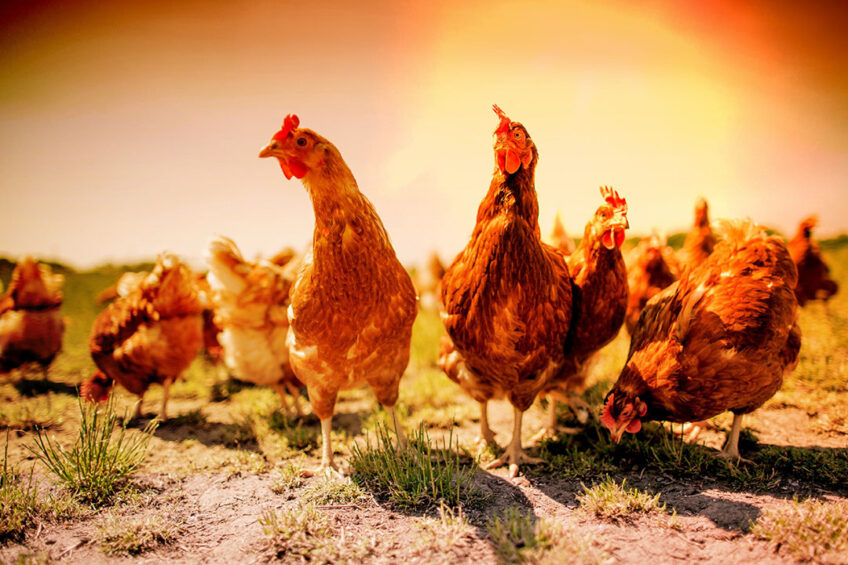
Rising global temperatures and the undeniable fact that modern, highly productive poultry breeds are more prone to heat stress, is a challenge for the industry. Fortunately, innovative plant-based nutritional solutions now provide the opportunity to stabilise broiler and layer performance during hot weather.
Modern poultry breeds are particularly susceptible to warming temperatures because their insulating feathers, lack of sweat glands on the skin and a high body mass to body surface area ratio make it difficult to lose heat. Additionally, in broilers, for example, the ability of a modern bird to tolerate heat has been further eroded by the fact that intensive genetic selection – in the quest for a faster growth rate – has boosted metabolic activity.
Heat stress response in poultry
Heat stress is a physiological response to the combined effect of high ambient temperature and the relative humidity of the air. Heat stress occurs if poultry are outside their thermoneutral zone and struggle to regulate their body temperature. Birds that are too warm will increase their respiratory rate and divert blood away from the gastrointestinal tract towards their skin, comb and wattles in an attempt to cool down.
Tips and tricks for feeding during heat stress
Poultry veterinarian, Gerwin Bouwhuis, offers some tips and tricks on how to prevent heat stress in broilers. Read more…
They can also reduce their feed intake by as much as 20%. Clearly, this can have a catastrophic effect on both broiler growth and egg laying performance. Furthermore, heat stress also has adverse consequences for meat quality and even increases the risk of poultry becoming contaminated with foodborne pathogens, which represents an important food safety issue, so the effective management of this environmental challenge is becoming increasingly important.
Mitigating heat stress for the birds
Improved house design, including better insulation and ventilation, can help to mitigate the undesirable physiological effects of heat stress but building modifications can be prohibitively expensive. A variety of remedial nutritional steps can also be taken, depending on the local situation. These include ensuring an optimum drinking water temperature, the use of highly digestible feed proteins, choosing the right anticoccidial programme (as some anticoccidials decrease the capability to cope adequately with high ambient temperatures), the use of appropriate electrolytes and/or antioxidants and even the application of specific organic trace elements – but often these can be relatively ineffective tweaks that will not necessarily address one of the fundamental physiological effects of heat stress in poultry.
Intestinal integrity compromised
There is a strong link between heat stress and intestinal inflammation with far-reaching consequences for intestinal barrier function. As evidenced by various research papers, heat stress compromises intestinal integrity, in conjunction with increased levels of pro-inflammatory cytokines, stress hormones (cortisol) and reactive oxygen species, leading to suboptimal nutrient uptake and poor performance. Indeed, intestinal mucosal barrier dysfunction, inflammatory responses and an enhanced risk of bacterial translocation from the intestinal lumen into the bloodstream have all been identified as major symptoms in birds subjected to heat stress.
Feed additives to reduce heat stress
Consequently, a number of feed additives known for their anti-inflammatory effects have been investigated for their potential to reduce this heat stress-induced intestinal inflammation. For example, isoquinoline alkaloids (IQs) have been shown to boost growth in broilers due to their anti-inflammatory properties. It is logical, therefore, to try to assess their ability and potential to mitigate intestinal inflammation caused by heat stress.
Study on a new plant-derived feed additive
In a recent trial at Tohoku University in Japan, 360 male Ross 308 broiler chickens were divided into 2 treatment groups – a control and a group fed a diet supplemented with a standardised blend of plant-derived IQs. The birds were kept under thermoneutral conditions until day 14. Thereafter, a 2×2 factorial design was used to determine the effect of the thermoneutral control group versus the group under heat stress (factor 1) and the effect of no feed additive versus supplementation with IQs (factor 2). Fluorescin isothiocyanate (FITC)-dextran in blood plasma was measured on day 42 to assess any impact of heat stress on gut integrity. This is because high levels of FITC-dextran indicate an impaired gut barrier function.
…better maintenance of gut barrier function under heat stress conditions
The birds fed the diet containing IQs had lower levels of FITC-dextran in their blood plasma, suggesting better maintenance of gut barrier function under heat stress conditions. What’s more, feed intake in the IQ-fed group was significantly improved, leading to better performance as evidenced by a lower FCR (Figure 1).
The dietary use of IQs to mitigate the impact of heat stress has also been studied in laying hens. Birds on a commercial layer farm in Poland were fed a negative control diet and one supplemented with IQs from 62 to 70 weeks of age, respectively. From weeks 66 to 69, the birds were subjected to heat stress (>30°C). The birds on the IQs diet recorded a higher feed intake (+13g/bird/day) with egg production and quality notably improved as a result (Figure 2).
This new trial work highlights the undoubted potential of proven plant-based feed additives to mitigate the ongoing challenge of heat stress in poultry production units around the world. Modern, fast growing poultry genotypes exhibit higher metabolic activity which increases heat production. What’s more, higher stocking densities – invariably in controlled environments – make broiler farms particularly susceptible to heat stress problems, especially in the summer months. Fortunately, nutritional science is keeping pace with this difficult issue and producers worldwide now have an effective solution to manage and mitigate this increasingly important challenge.
Author:
Anja Pastor, Phytobiotics
 Beheer
Beheer


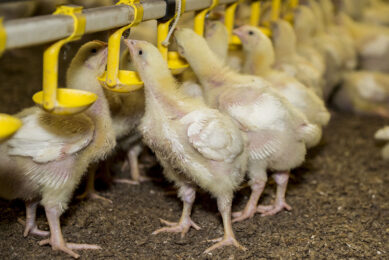
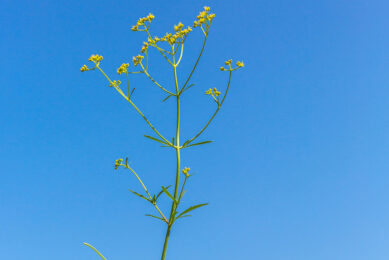
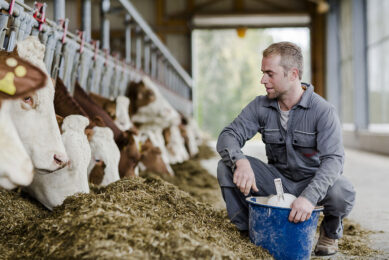
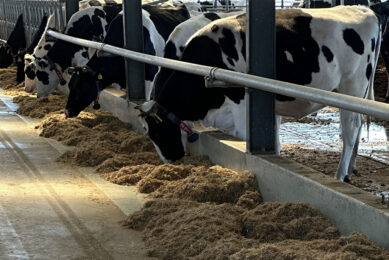





 WP Admin
WP Admin  Bewerk bericht
Bewerk bericht